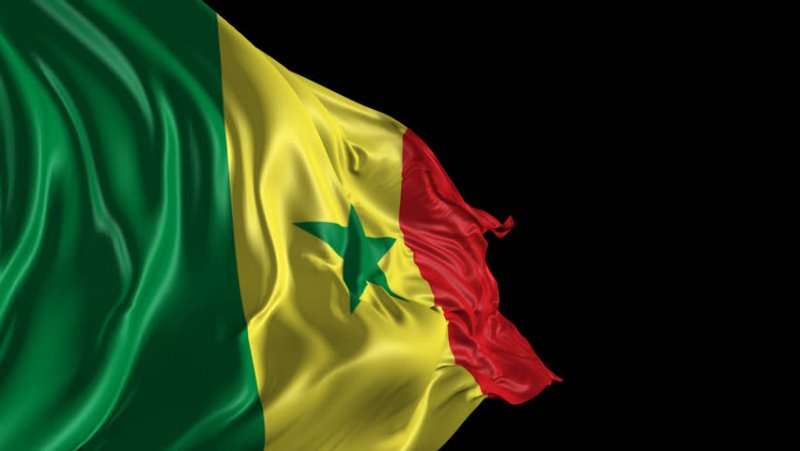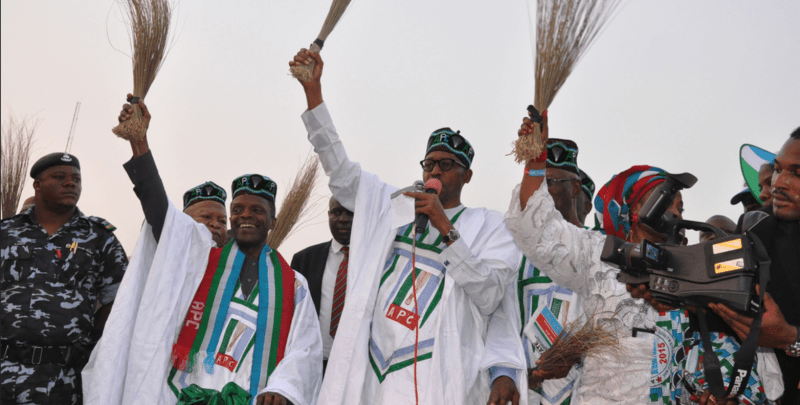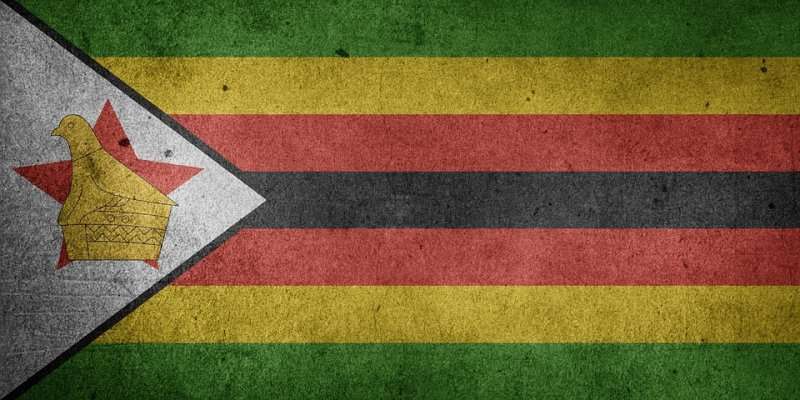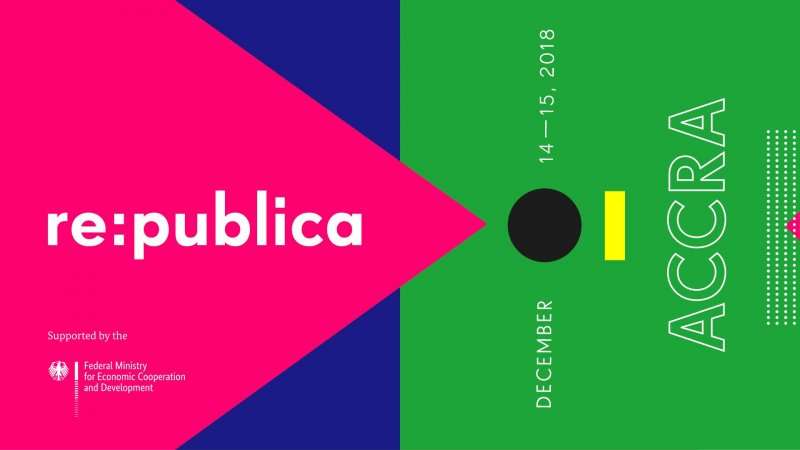#KeepItOn |
Nous, la coalition pour un Internet libre et ouvert:
Réaffirmons que l’internet ouvert, accessible et sécurisé, en particulier durant les élections, facilite la libre circulation et l’accès à l’information, en plus de favoriser la liberté d’expression en ligne et hors ligne.
Nos organisations sont préoccupées par la récente tendance d’interférences illégitimes dans les communications en ligne, la déclaration menaçante d’agents publics et des services de sécurité, ainsi que la ratification d’un projet de loi imparfait sur les communications électroniques datant de 2018, peuvent être considérées comme une tentative majeure de faire taire les voix critiques en ligne et de limiter ainsi la liberté d’expression. Le contrôle excessif des médias publics, l’influence et la pression indirecte exercée par le gouvernement en place et ses alliés sur de nombreux médias traditionnels, ainsi que les récents actes de violence à l’encontre de journalistes sont problématiques et affaiblissent le processus démocratique au Sénégal
Nous demandons d’urgence à toutes les parties prenantes d’assurer la stabilité et l’accessibilité d’internet avant, pendant et après la prochaine élection présidentielle du 24 Février 2019 au Sénégal. Au nom des plus de 170 organisations provenant de plus de 60 pays qui forment la coalition #KeepitOn, nous vous implorons de garder l’internet ouvert.
Les coupures d’internet heurtent les droits humains et l’économie
Les recherches montrent que les coupures de courant sur le web et la violence vont de pair. [1], [2] Les coupures perturbent la libre circulation de l’information et créent un masque obscur qui protège les violations des droits de l’homme de tout contrôle public. En particulier durant les élections, les journalistes et les professionnels des médias ne peuvent pas contacter des sources, rassembler des informations ou archiver des articles sans outils de communication numériques [3]. Les citoyens n’ont pas accès aux informations critiques, notamment concernant les bureaux de vote et les résultats des élections. Justifiées par diverses raisons, les interruptions du web coupent l’accès à des informations vitales, au commerce électronique et aux services d’urgence, plongeant des communautés entières dans la peur. Les perturbations déstabilisent également la capacité d’internet à soutenir les petites entreprises et à stimuler le développement économique. Une étude réalisée en 2016 par la Brookings Institution, un groupe de recherche de premier plan, a révélé que les coupures d’internet avaient drainé 2,4 milliards de dollars de l’économie mondiale entre 2015 et 2016 [4].
Un internet ouvert favorise la créativité, l’innovation, l’accès à l’information et à des opportunités sociales, économiques, culturelles et politiques à travers le monde, comme aucun outil ne l’a fait auparavant. Les moyens techniques utilisés pour bloquer l’accès à l’information en ligne compromettent souvent de manière dangereuse la stabilité et la résilience d’internet. Les coupures d’internet ne doivent jamais devenir une normalité.
Au Sénégal, l’extension de l’accès à l’internet global demeure un facteur clé pour la réduction des fractures numériques et pour la concrétisation des engagements du Gouvernement envers sa stratégie Sénégal numérique 2016-2025 et les Objectifs De Développement durable (SDG). Nous estimons que les coupures d’internet coûteront au Sénégal près de 3 400 000 $ US environ en CFA 1 870 000 000 par jour en coûts économiques directs, en plus de ralentir la réalisation des droits économiques, sociaux et culturels dans son ensemble. [5]
Les coupures d’internet violent la loi internationale
Un nombre croissant de constatations et de conclusions indiquent que des perturbations intentionnelles de l’internet constituent une violation du droit international. Le Conseil des droits de l’homme des Nations Unies et l’Assemblée générale des Nations Unies ont adopté par consensus de nombreuses résolutions condamnant sans ambiguïté les coupures d’internet et les restrictions similaires à la liberté d’expression en ligne. Par exemple, le Conseil des droits de l’homme des Nations Unies dans sa résolution A/HRC/RES/32/13:
Condamne sans équivoque les mesures visant à empêcher ou à perturber intentionnellement l’accès ou la diffusion d’information en ligne, en violation des Droits humains protégés internationalement, et appelle tous les États à s’abstenir et cesser d’utiliser de telles pratiques.
Des experts des Nations Unies, de l’Organisation pour la sécurité et la coopération en Europe (OSCE), de l’Organisation des États américains (OEA) et de la Commission Africaine des Droits de l’Homme et des Peuples (CADHP) ont déclaré qu’une coupure d’internet ne peut jamais être justifiée sous le droit international relatif aux droits de l’homme, même en période de conflit. [6]
En novembre 2016, la Commission Africaine Des droits de l’ Hommes et des Peuples (CADHP) a adopté une résolution sur le droit à la liberté d’information et d’expression pour l’internet en Afrique, exprimant sa préoccupation face à «une pratique émergente des États d’interrompre ou de limiter l’accès aux services de télécommunication tels qu’internet, les médias sociaux et les services de messagerie, pratique de plus en plus courante durant les élections.» CADHP/Rés.362 (LIX).
Le Comité des droits de l’homme des Nations Unies, interprète officiel du Pacte international relatif aux droits civils et politiques, souligne dans l’Observation générale no. 34 que les restrictions sur le discours en ligne doivent être strictement nécessaires et proportionnées pour atteindre un objectif légitime. [7] Les coupures, en revanche, ont un impact disproportionné sur tous les utilisateurs et limitent inutilement l’accès à l’information et aux communications des services d’urgence lors de moments cruciaux. Les arrêts d’internet ne sont ni nécessaires ni efficaces pour atteindre un objectif légitime, car ils bloquent la diffusion d’informations, contribuent à la confusion et au désordre, en plus d’entraver la sécurité publique.
Nous vous demandons respectueusement d’utiliser votre position d’influence afin de:
- Veiller à ce que l’internet, y compris les médias sociaux, demeure actif et accessible ;
- Déclarer publiquement votre engagement à conserver l’internet ouvert et à informer le public de toute perturbation ;
- Encourager les fournisseurs de services de télécommunication et d’internet à respecter les droits humains par la divulgation publique de politiques et de pratiques affectant les utilisateurs ;
- Veiller au respect des directives de la déclaration Africaine des Droits et Libertés de l’Internet ;
Veiller au respect des directives sur l’Accès à l’Information et les Élections en Afrique.
Fait à Dakar, 19 février 2019
Access Now
African Development Solution Lab-Experts ( ADSL-E)
African Freedom of Expression Exchange (AFEX)
AFRICTIVISTES
Alioune NDIAYE – Presidentrzd
Alliance for Affordable Internet – A4AI
APPEL
ARTICLE 19 Afrique de l’Est
ARTICLE 19 Sénégal Afrique de l’Ouest
Assane DIENG Etudiant – Chercheur
Association for Progressive Communications (APC)
ASUTIC
Bacary Domingo MANE – Journaliste
Balkissa Idé Siddo
Collaboration on International ICT Policy for East and Southern Africa (CIPESA)
Collectif Sassoufit
Committee to Protect Journalists (CPJ)
CONGAD
Directeur de Pub www. Sene24.com
Emmanuelle M. FAYE – Journaliste Enquête
FORUM CIVIL
Forum for African Women Educationalists FORUM CIVIL
Human Rights Centre Somaliland
Ibra Seck CASSIS – Senegal Vote
Ibrahima NDOYE – Directeur de Pub www. Sene24.com
Internet Sans Frontières
Jeune Chambre Internationale
LSDH APPEL
Magueye SOW – Atlas Network
Media Foundation for West Africa
Modibo DIOP – Euratrade SA
Moussa Fara DIOP – Jeune Chambre Internationale
Moussa TALL – AIESEC
NetBlocks
OpenNet Africa
Oumy Régina SAMBOU – Journaliste
Paradigm Initiative
PEN America
RADDHO
Right 2 Know Campaign, South Africa
The PACT ( Projet pour une alternance crédible au Tchad )
Unwanted Witness, Uganda
World Wide Web Foundation








